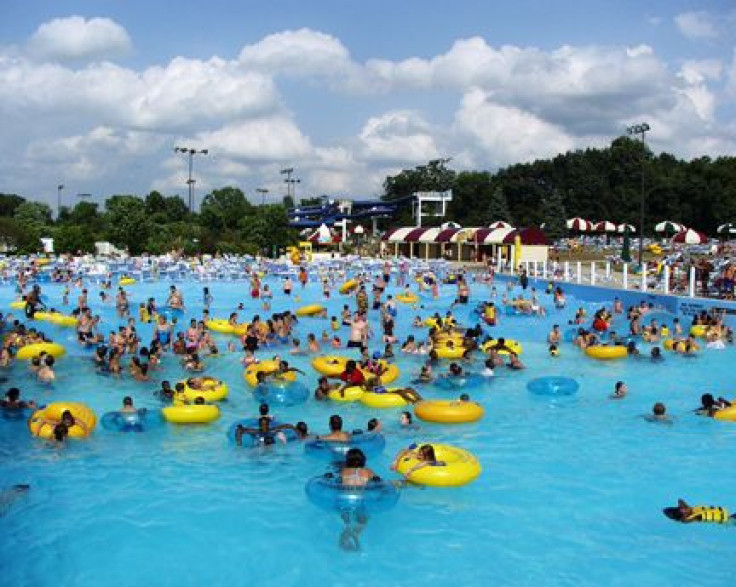Parasitic Meningitis Confirmed In Arkansas: Water Park Shut Down After Kali Hardig, Age 12, Contracts First Known Case In Years

The Centers for Disease Control and Prevention (CDC) and the Arkansas Dept. of Public Health confirmed Friday that 12-year-old Kali Hardig has the first known case of parasitic meningitis in years. The disease, known medically as primary amebic meningoencephalitis, is an infection of the brain that can be fatal.
According to the CDC, parasitic meningitis is caused by brain-eating amoeba called Naegleria fowleri. The amoeba can be found in warm freshwater and soil. In people, the Naegleria fowleri usually enter the body by contaminated water, perhaps from an improperly cleaned pool, through the nose. The amoeba move from the nose to the brain, usually causing death.
Death, of course, is what Kali Hardig's mother Traci fears most. "They call her stable for the moment, just got to ride out all the inflammation, all the side effects that the meningitis caused," Hardig said.
According to Christian Post, Hardig told reporters that Kali went swimming in a local lake the day before being admitted to the hospital. She rushed her daughter to the hospital after her symptoms became unrelenting.
"I couldn't get her fever down. She started vomiting," said Hardig. "She'd say her head hurt really bad. She cried, and she would just look at me and her eyes would just kind of roll."
Doctors placed Kali in a medically induced coma, reportedly to stabilize her condition.
Meanwhile, the Arkansas Dept. of Health has taken serious action in connection with Kali's grim diagnosis. Based on what the department calls an "ongoing investigation," Willow Springs Water Park in Arkansas was closed to ensure the health and safety of the public. The case of parasitic meningitis that occurred in 2010 was possibly connected to Willow Springs, so officials thought that shutting down the park was the proper thing to do.
The park's owners, though not happy about it, voluntarily shut down its operations. David and Lou Ann Ratliff, owners of Willow Springs, released a statement:
We[...] have received new information regarding Naegleria fowleri, and have elected to close the park as of July 25 at the request of the Arkansas Department of Health. Though the odds of contracting Naegleria are extremely low, they are just not good enough to allow our friends or family to swim. "For the thousands of people who love Willow Springs, we will be taking this time to determine the feasibility of installing a solid bottom to the lake. We will not ever reopen as a sand bottom lake. We covet your prayers and our Willow Springs family will continue to be in our thoughts and prayers.



























